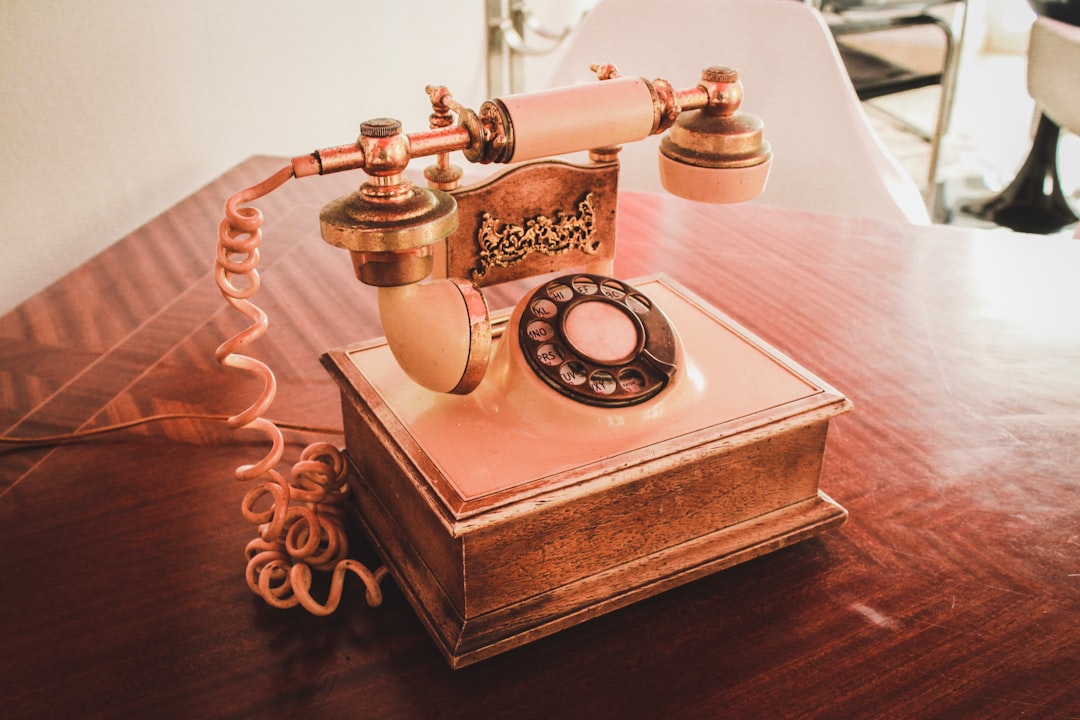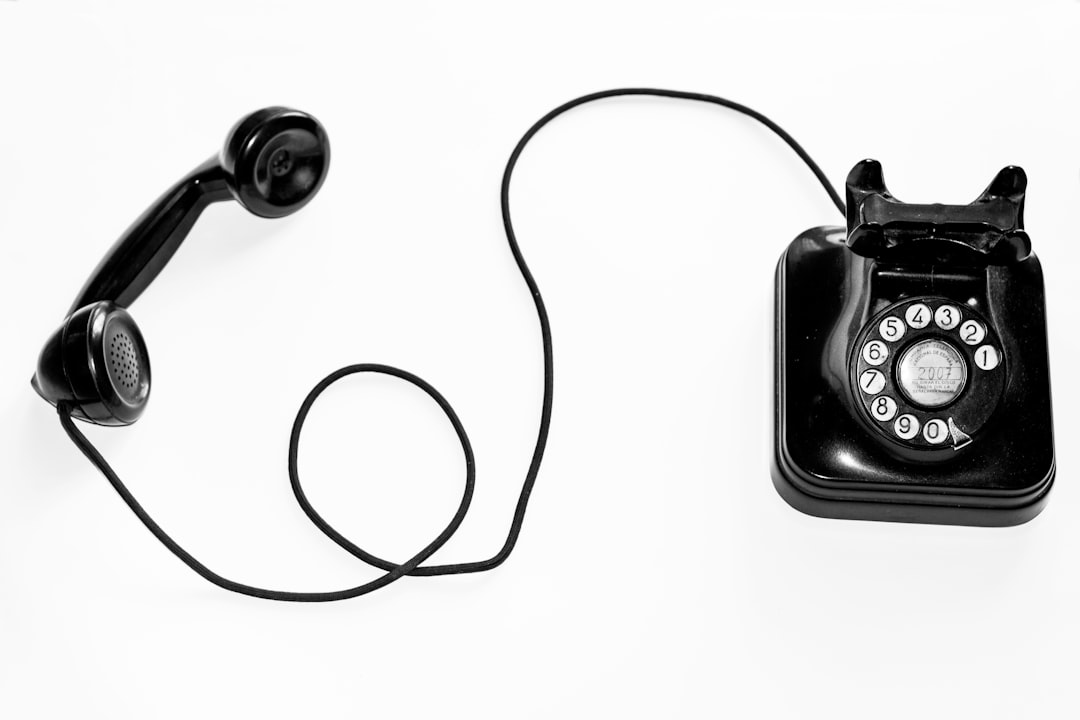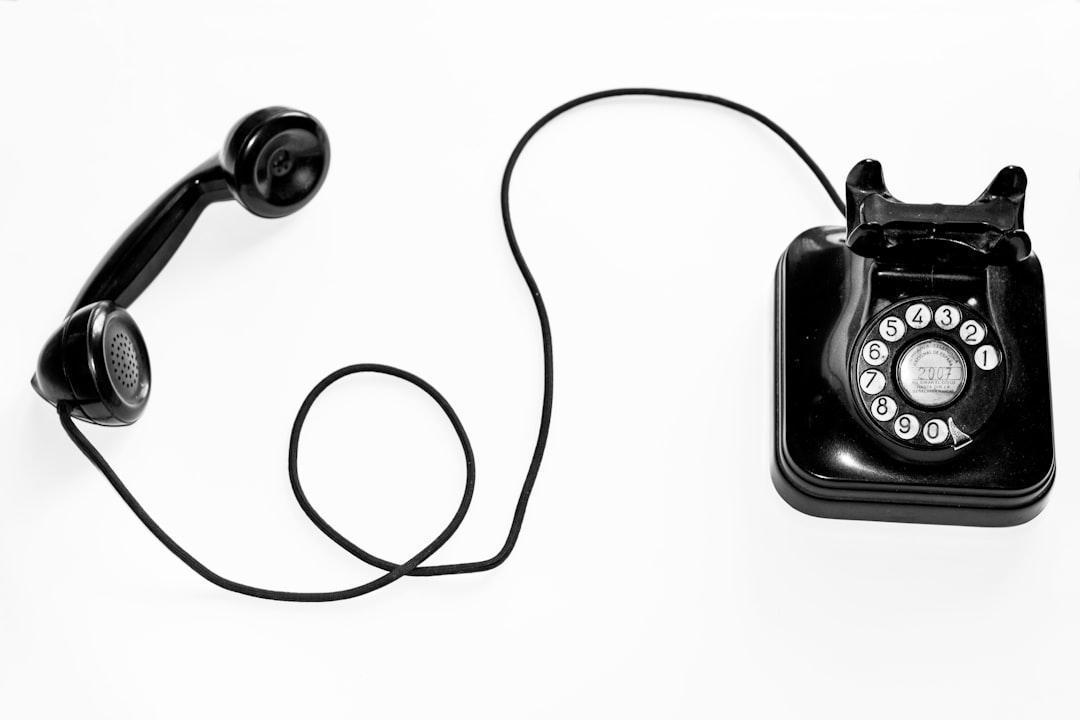In Minnesota, businesses using automated calling systems must adhere to strict Do Not Call laws to protect residents from unwanted telemarketing calls. Specialized lawyers for Do Not Call Laws Minnesota offer guidance on navigating these regulations and avoiding substantial penalties. Automation can boost efficiency but requires meticulous design to respect the state's Do Not Call Registry. Live operators are crucial for handling complex law issues, resolving disputes, and fostering trust, ensuring both legal compliance and customer satisfaction.
In the era of automated calls, understanding the intricate dance between technology and regulation is paramount. This article explores the critical role live operators play in ensuring compliance with Minnesota’s stringent Do Not Call laws. We delve into the unique challenges of blending automation with human interaction, highlighting how these professionals not only maintain legal adherence but also elevate customer experiences. For businesses seeking guidance on navigating these waters, consider consulting a lawyer specializing in Do Not Call Laws Minnesota to ensure robust and compliant practices.
Understanding Do Not Call Laws and Their Enforcement in Minnesota
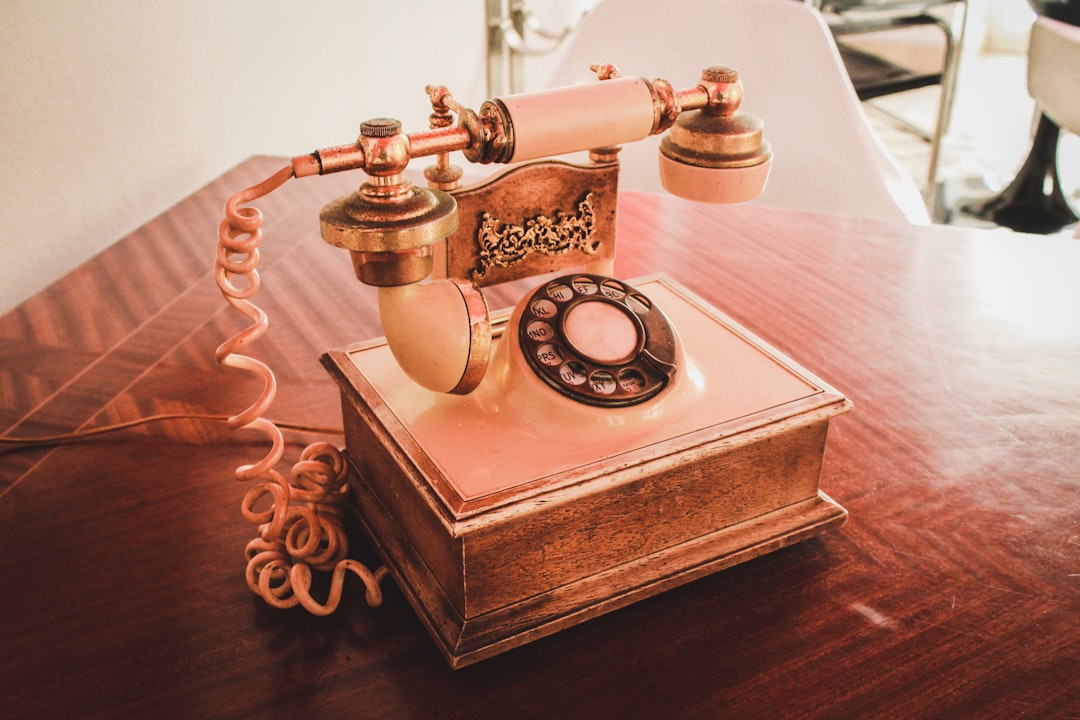
In Minnesota, understanding and adhering to Do Not Call laws is paramount, especially for businesses utilizing automated calling systems. These regulations, enforced by the Minnesota Attorney General’s Office, protect residents from unwanted telemarketing calls. A lawyer specializing in Do Not Call Laws Minnesota can provide invaluable guidance on navigating these rules, ensuring compliance, and avoiding penalties.
The Do Not Call Registry in Minnesota is a crucial component of consumer protection. Residents who wish to opt-out of receiving sales or marketing calls can register their numbers. Businesses that initiate automated calls to registered numbers face strict consequences. A lawyer for Do Not Call Laws Minnesota can help businesses implement proper call tracking and avoidance systems, ensuring they respect the registry and avoid legal repercussions.
The Unique Challenge of Combining Automation with Human Interaction
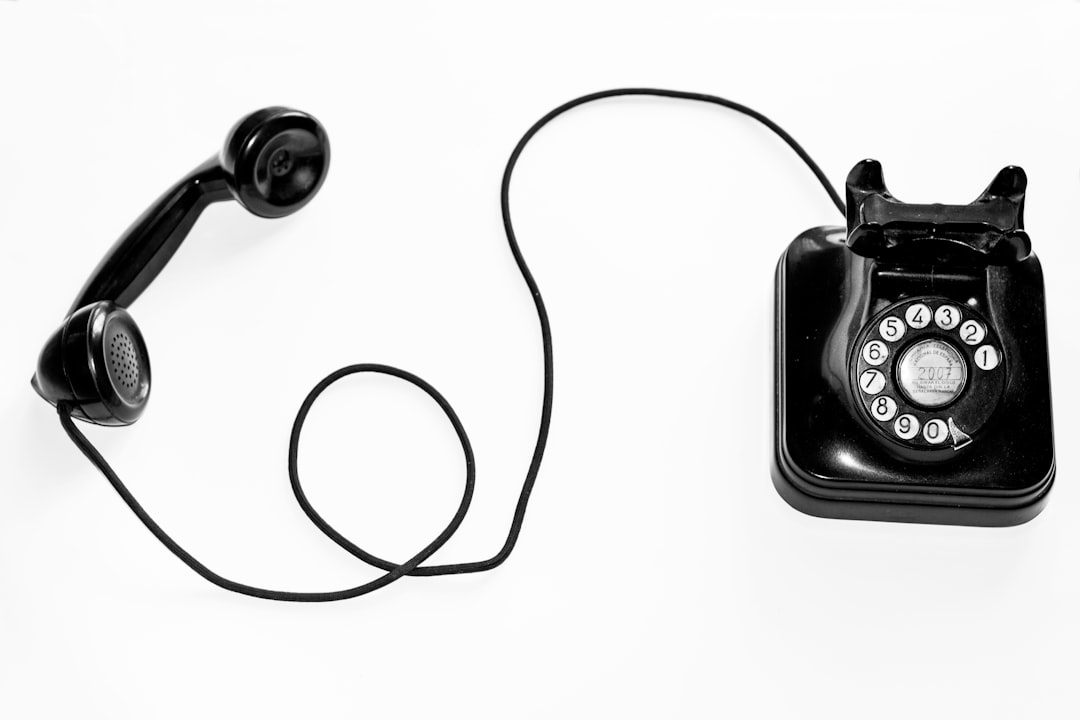
In today’s digital era, businesses are increasingly leveraging automation for call handling to enhance efficiency and reduce costs. However, the unique challenge arises when attempting to balance automation with the need for human interaction, especially in compliance with regulations like the Do Not Call Laws in Minnesota. Automated systems can efficiently manage a high volume of calls, but they must be designed carefully to avoid violating consumer rights.
A lawyer for Do Not Call Laws Minnesota highlights that automated calls have a higher risk of breaching regulations if not properly managed. For instance, incorrect or inadequate disclosure of the automated nature of the call can lead to violations. Human operators play a crucial role in ensuring compliance by providing the necessary oversight and assistance. They can address consumer concerns, handle complex issues, and ensure that all interactions adhere to legal requirements.
How Live Operators Ensure Compliance and Enhance Customer Experience

Live operators play a pivotal role in ensuring compliance with Do Not Call laws, such as those in Minnesota, by manually verifying consumer preferences and providing personalized support. They are trained to handle complex situations, including managing opt-out requests, handling exceptions, and resolving customer disputes. This human touch is crucial for building trust and fostering positive relationships with clients, which can enhance brand reputation.
Moreover, live operators can adapt to unique customer needs and offer tailored solutions. They can explain regulations, clarify rights, and provide reassurance, ensuring customers feel heard and understood. This level of interaction often improves customer satisfaction and loyalty, making it a valuable asset in maintaining compliance while delivering an exceptional experience.

